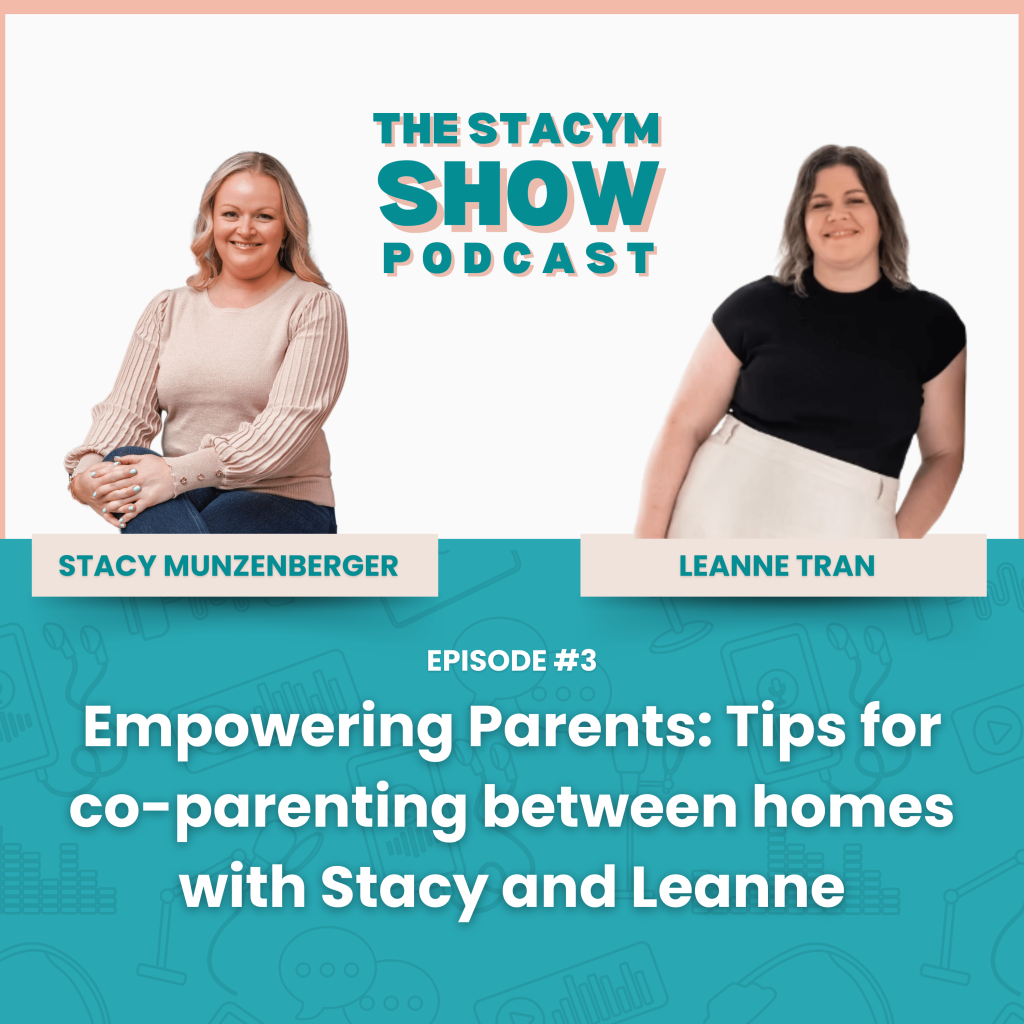Navigating Co-Parenting with High-Needs Children After Separation
Separation is a difficult journey for any family, but it presents unique challenges when children have high needs, such as autism or ADHD. Legal professional Stacey M. of Aqua Legal & Conveyancing recently spoke with psychologist Leanne Tran on this critical topic, uncovering shocking statistics and practical advice for co-parents.
The Alarming Statistics and Emotional Toll
During the conversation, Leanne revealed that the separation rate for couples with high-needs children can be as high as 75-85%. This staggering number reflects the immense stress on these families. Parenting a child with ADHD, for example, is often cited as one of the most stressful experiences, with some research comparing its effects to those of PTSD on parents.
For the children, separation can lead to increased stress, which, if unsupported, can contribute to anxiety or depression. Children are often more aware of the tension and stress between parents than adults realize, picking up on unspoken emotions and dynamics.
Key Strategies for Successful Co-Parenting
While the situation is challenging, Leanne shared several key strategies to help families navigate co-parenting more smoothly.
Maintain Open and Positive Communication: You and your co-parent must be on the same page to ensure consistency for the kids.
Establish Consistent Rules and Routines: Kids thrive on consistency. By having the same rules and routines (e.g., bedtime, screen time) at both homes, you minimize confusion and emotional distress for the child. This also makes the transition between homes easier.
Use Visual Supports: Leanne recommends using visual charts or calendars to help children understand their weekly schedule and where they will be. This reduces the mental load and anxiety, especially in complex situations like shift work. Having duplicates of essential items like clothes and toys at each house also helps to minimize the back-and-forth.
Manage Your Emotions: A child’s behavior should not cause a parent negative emotions. While it’s normal to feel frustrated, getting upset about things the child mentions about the other parent’s home can lead the child to bottle up their feelings.
Common Pitfalls to Avoid
Leanne also highlighted several common mistakes co-parents make that can negatively impact their children.
Disagreements on Diagnosis: Not being on the same page about a child’s diagnosis (e.g., one parent accepting a diagnosis of autism while the other doesn’t) can undermine a child’s identity and emotional safety. It’s crucial for the adults to handle this disagreement privately and not expose the child to it.
Blaming the Child: Never tell a child that the separation is their fault.
Negative Talk: Avoid making negative comments or “little digs” about the co-parent in front of the child. This puts the child in a difficult, conflicted position as they love both parents.
Don’t Strive for Perfection: It’s okay to have a bad day or slip up. If you say something you regret, apologize to your child. This teaches them a valuable lesson about accountability and managing emotions.
Looking Ahead
Stacy and Leanne will be collaborating on more podcasts to provide valuable information on family law and psychology.
For parents seeking more resources, Leanne offers an online course called “Chaos to Calm.” You can find her at: Family Psychology | Leanne Tran. Additionally, she has created a free guide on how to create visual supports, which will be linked on the podcast page.

